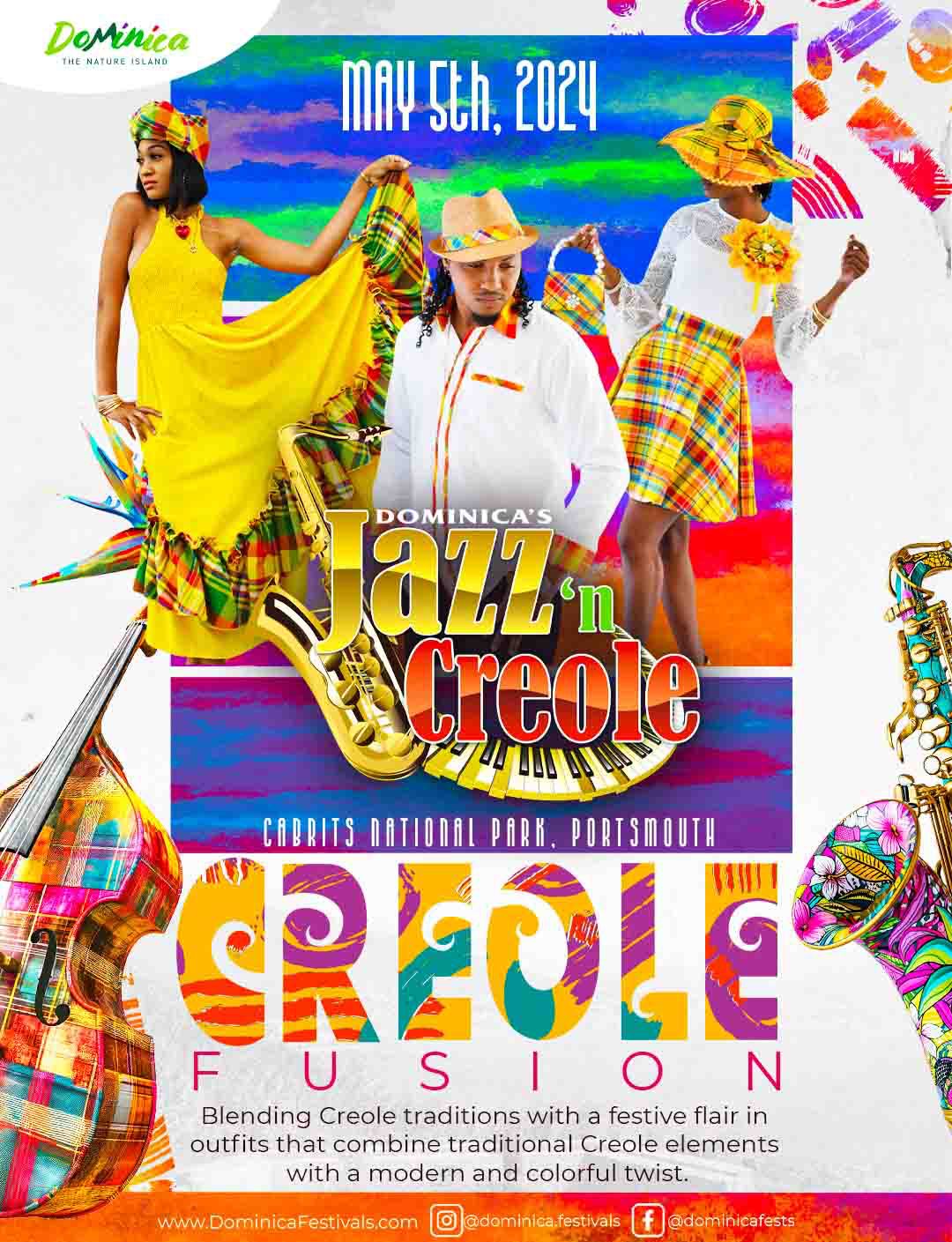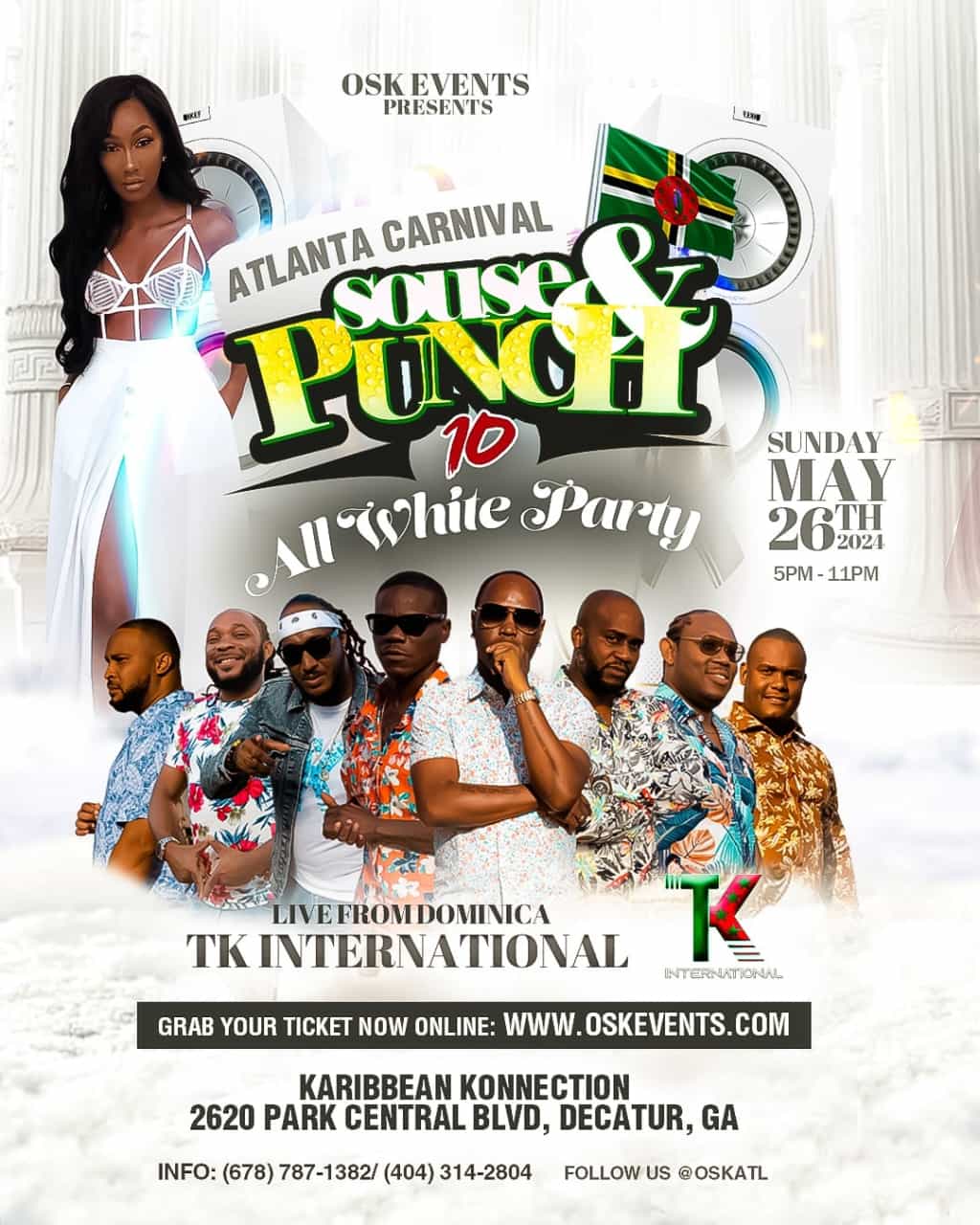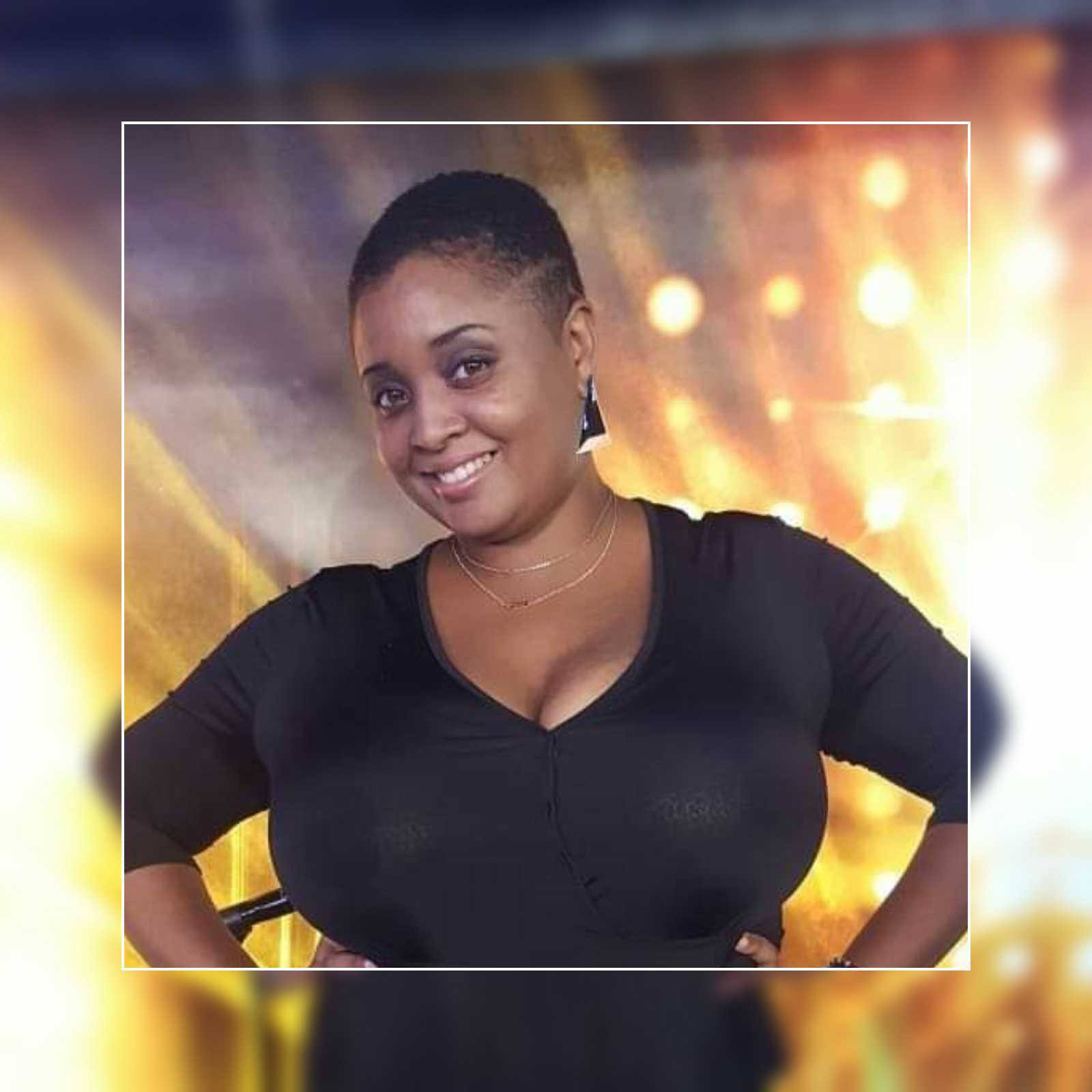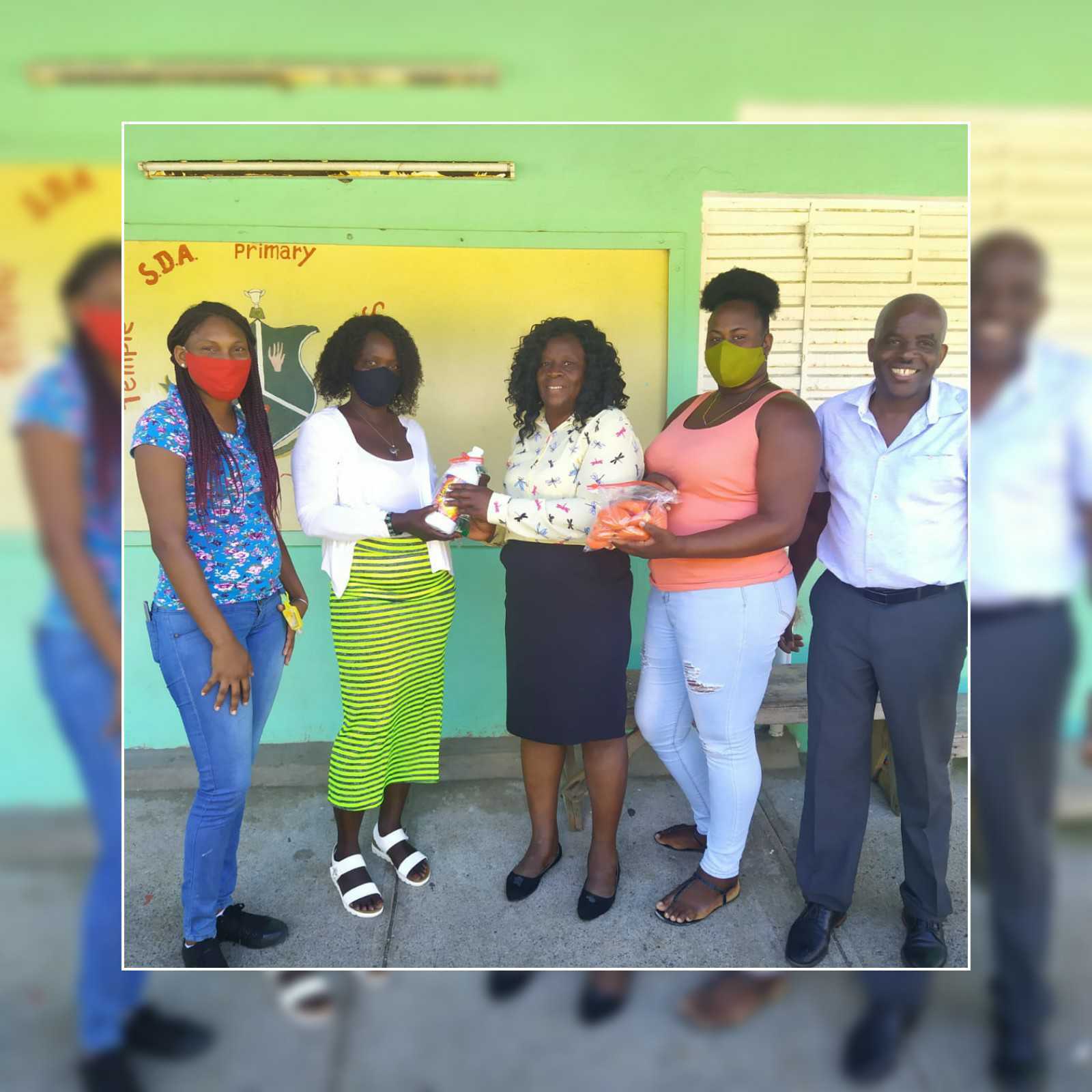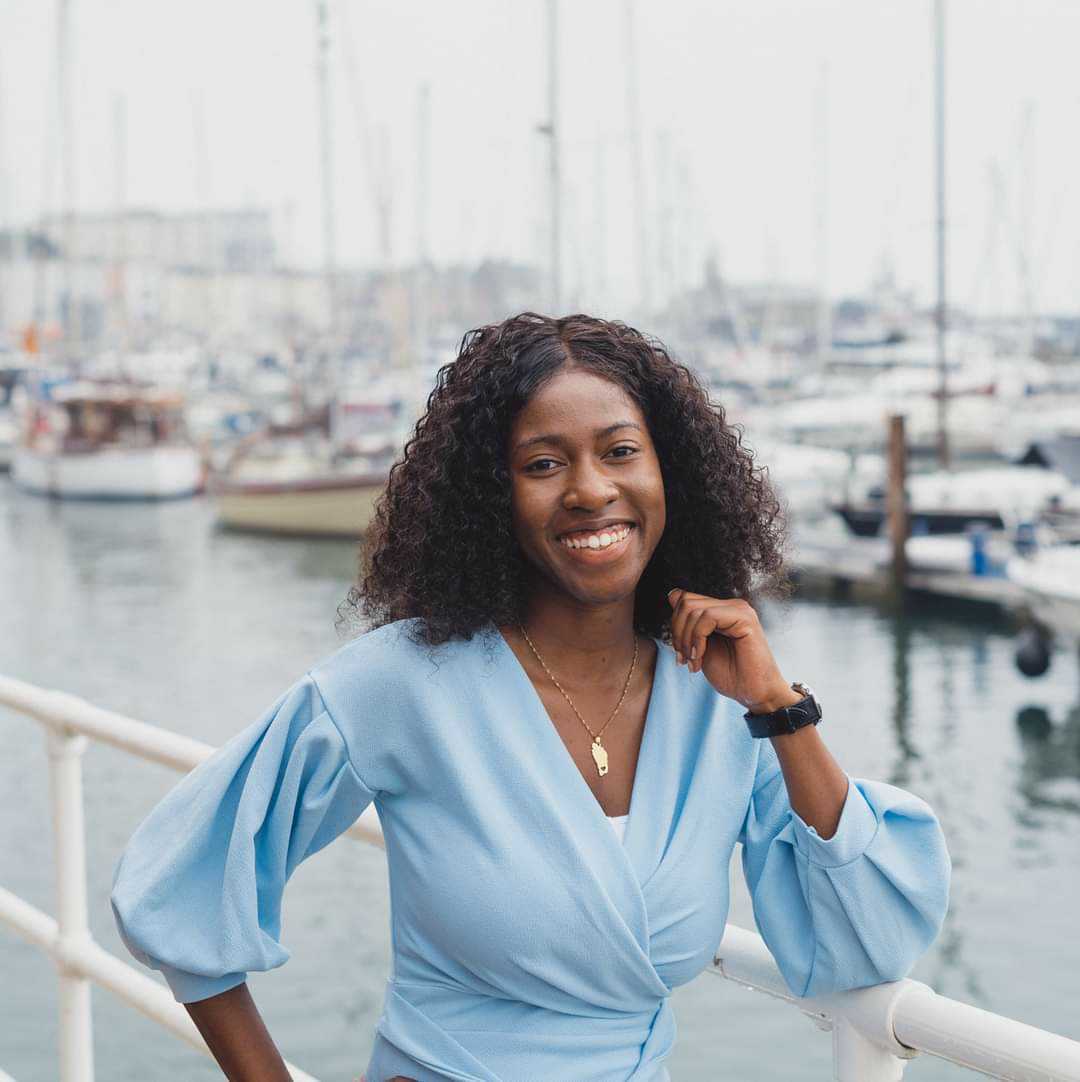
his month, OECS YES In Action caught up with Rianna Patterson, the 23-year-old founder of the Dominica Dementia Foundation who is creating lasting change in her homeland and internationally.

Tell us a little about yourself.
I am the founder of Dominica Dementia Foundation. I launched this organisation at the tender age of 18, in 2016. It is the only Dementia Foundation in Dominica and the 2nd organisation in the Caribbean to have the Dementia Friends Programme
I was awarded the Queen’s Young Leaders Award by Her Majesty the Queen in 2017 at Buckingham Palace for my work in the field of dementia.
I also spoke on BBC1 with Prince Harry about the work my foundation is doing in Dominica during my visit to Buckingham Palace.
In 2017, when Hurricane Maria devastated Dominica, I was able to make contact with the Queen’s Commonwealth Trust, where the President and Vice President are the Duke and Duchess of Sussex His Royal Highness Prince Harry, and Meghan Markle. Through the Trust’s assistance, my Foundation was able to donate to all the care homes in Dominica.
I am also a fellow TEDx speaker and spoke at the University of Kent. I have been featured on Comic Relief Media Platforms as part of the Queen’s Young Leaders Programme. I have also been featured on the Huffington Post, Melange Magazine, and other forums.
When did you first notice your inclination towards social advocacy?
When my grandfather passed away with dementia, it became clear to me that this was something I would advocate for and raise awareness on throughout my life.

What inspired you to start?
The experience with my grandfather inspired me. The lack of understanding of dementia and mental health, in general, makes it difficult to manage the disease. In terms of personal support, it was also difficult to speak to close friends and relatives as they too are not fully aware of all the effects of dementia. There wasn’t a specific resource hub where I could go to speak to someone. I felt alone in this and I could imagine there were many families who felt the same. I wanted to develop an organisation that would be a source of hope.

What obstacles, if any, did you face and how did you overcome them?
Funding has always been an issue. I had to self-fund the foundation in the early stages of our growth. It was difficult as I just got my first job and most of the money was going towards building the charity. In some regard, I still financially support the foundation but not to the full extent. We have sourced funding from corporate bodies and we have received a lot of individual giving – this has helped the work of the foundation to continue.
My age was also seen as a limitation given that I started this journey when I was 18. This impacted funding as I struggled for business professionals to take my ideas on board. I began to build my credibility by making contacts with business professionals in the industry and securing press features with notable media houses.
The journey has been fulfilling and I have definitely grown with the charity. I am continuously learning and developing.
What has been your biggest challenge along the way?
Funding and membership have been my biggest challenges. As an organisation, we have great ideas but we need more people to delegate projects to and we need the funding to support these projects and donations to families.
How have you used the current COVID-19 global pandemic to your advantage?
I decided to launch a crowdfunder to raise £35k to produce a documentary film on dementia.
Given the global pandemic the world is still experiencing, we are all acutely aware of the impact this has had on older people, and especially those with underlying health problems such as dementia.
